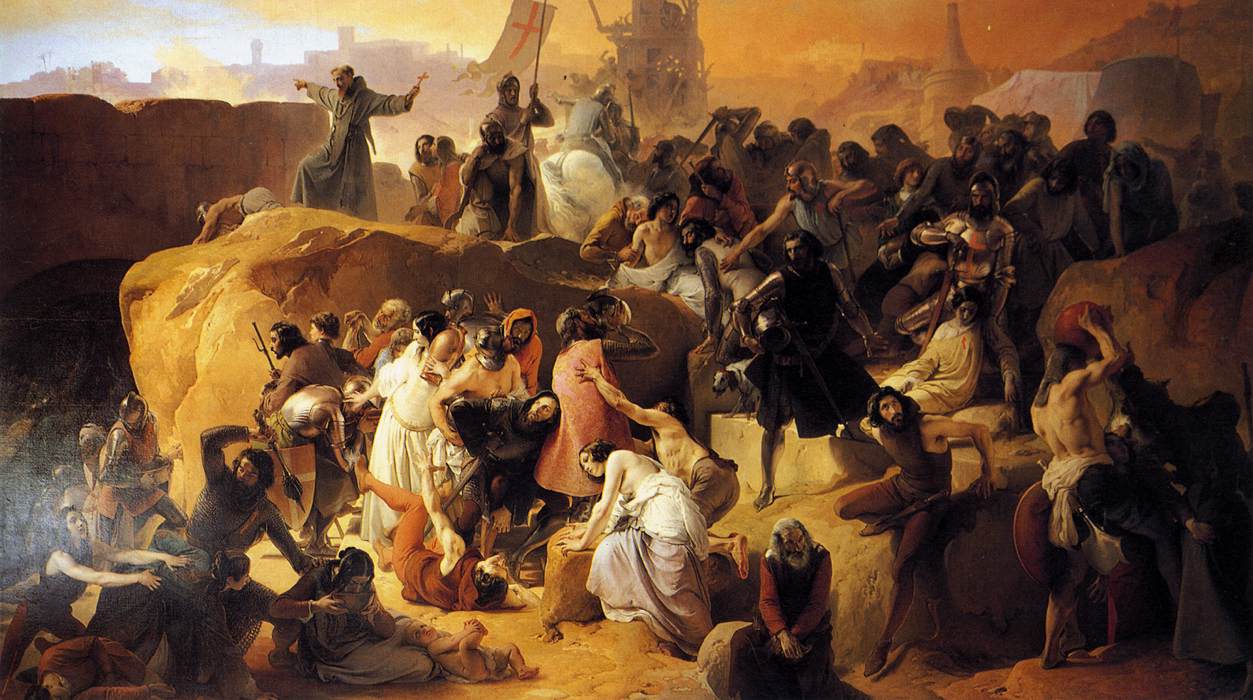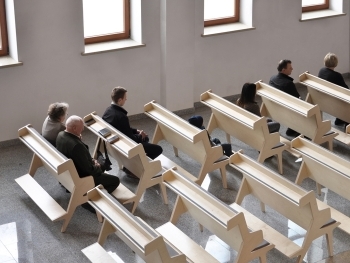The Crusades were a series of religious wars fought between the 11th and 13th centuries, in which Christian armies from Europe sought to retake the Holy Land from Muslim control. The Crusades had a profound impact on Jerusalem, which was a site of intense conflict and conquest during this period.
The First Crusade was launched in 1095, and Jerusalem was captured by the Crusaders in 1099. The Crusaders established a Christian kingdom in the Holy Land, with Jerusalem as its capital. The city was transformed with the construction of churches, palaces, and fortifications, and it became a center of Christian pilgrimage and devotion.
However, the Crusader kingdom was short-lived, and Jerusalem was recaptured by Muslim forces under the leadership of Saladin in 1187. The city remained under Muslim control for the next several centuries, with occasional periods of Christian rule.
During this time, Jerusalem was the site of ongoing conflict and violence, with both Christians and Muslims fighting for control of the city. The Crusades left a legacy of bitter division and hostility between Christians and Muslims, which continues to this day.
In addition to the military conflicts, the Crusades had a profound cultural and intellectual impact on Jerusalem. The city became a melting pot of different cultures and traditions, with Christians, Muslims, and Jews all living and interacting with one another. This cultural exchange led to the development of new ideas and innovations in art, architecture, and science.
Today, Jerusalem remains a symbol of the ongoing conflict between different cultures and religions. It is a city that is both sacred and contested, a place where the past and present collide in complex and often tragic ways. Despite the challenges, many people remain committed to working towards a more peaceful and just future for Jerusalem, one that respects the rights and dignity of all who call it home.




